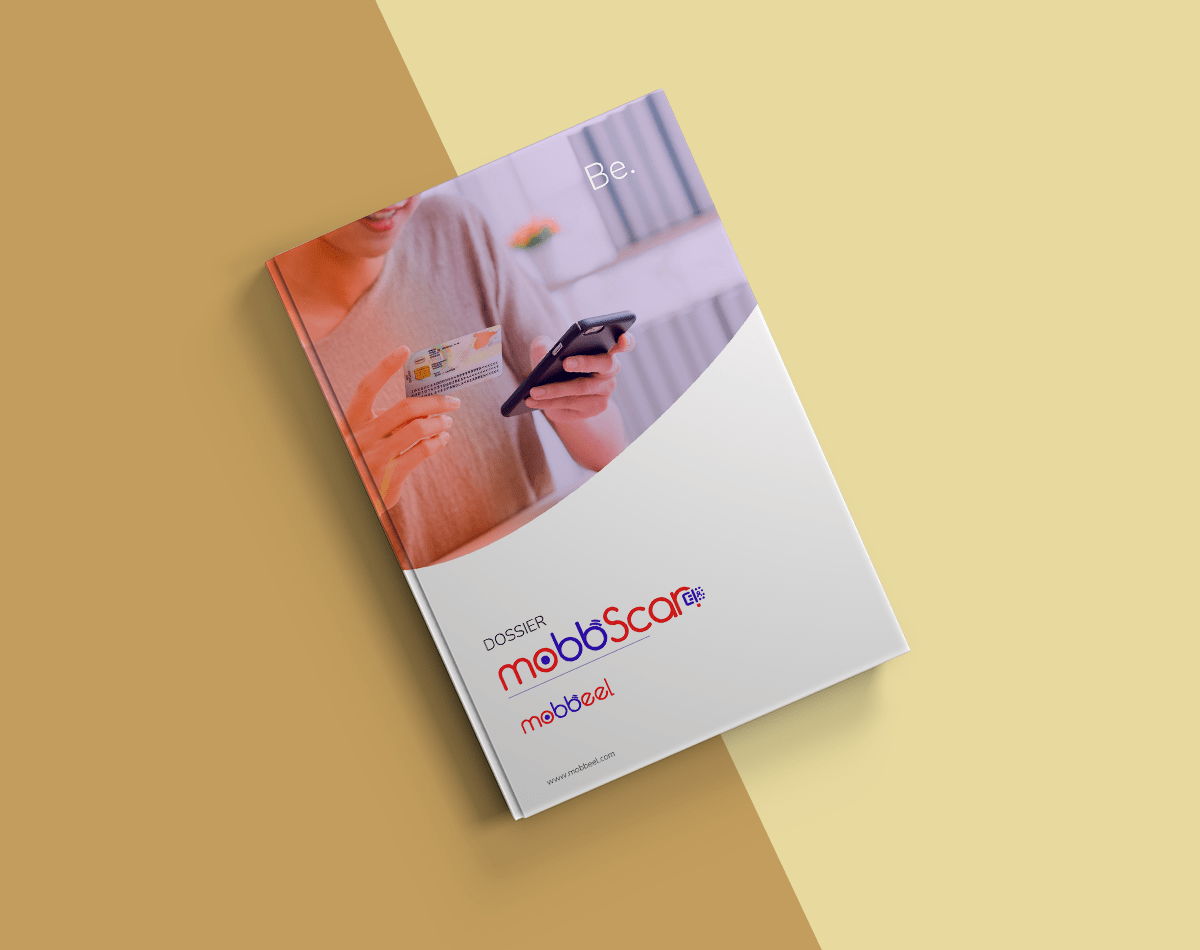Since March 2024, numerous operators have registered and obtained licences to offer online gaming and sports betting in Peru under the supervision of the Ministry of Foreign Trade and Tourism (MINCETUR). The games that may be offered remotely include bets on sporting events, e-sports, virtual event betting, fantasy games, slots, casino games, skill-based games, persistence games and progressive systems.
In this context, there is a key question we must ask ourselves: how do platforms ensure that registered players are who they claim to be and that the system is not used for illicit purposes?
The answer lies in an increasingly strict regulatory framework, in identity verification, and in strengthening KYC and AML compliance policies.
A new regulatory framework in Peru for a secure digital gaming market
The regulation of online gaming in Peru has gradually evolved into a comprehensive control system.
Law No. 31557
In 2022, Law No. 31557 legalised online gaming and sports betting, marking the starting point for a regulated iGaming sector in the country. This law established mandatory player registration, identity verification through official documents, the restriction of access for minors and self-excluded persons, and direct supervision by MINCETUR.
Furthermore, the regulation requires platforms to have the necessary software to carry out registrations, classifications, due diligence protocols, alerts on transactions and suspicious betting patterns (Article 26.4). This goes hand in hand with the obligation to ensure that players are properly registered (Article 26.16).
Supreme Decree No. 005-2023-MINCETUR
A year later, Supreme Decree No. 005-2023-MINCETUR set out the operational aspects of the law. Among other provisions:
It defines the condition of “player” in Article 3.10, indicating that both Peruvian and foreign players, residents and non-residents, may register.
It establishes the requirement to register and verify this condition in Articles 11 and 26, specifying that to acquire player status, it is necessary to register on the platform and obtain the corresponding user code or account. To complete this registration, the following must be verified:
- Identity
- Age (with minors prohibited from participating)
- Nationality
These identity verification factors in online gaming in Peru may be confirmed using a DNI, foreign residence card, or passport.
Additionally, Article 13.7 obliges platforms to allow customised deposit and loss limits, and Article 13.8 regulates voluntary or permanent self-exclusion. This regulation introduced the KYC model in Peru, aligning practice with international standards of responsible gaming.
SBS Resolution No. 03622-2025
In 2025, SBS Resolution No. 03622-2025 formally introduced anti-money laundering and counter-terrorist financing (AML/CFT) measures for online gaming and sports betting operators. Issued by the Superintendency of Banking, Insurance and AFPs (SBS), it classifies companies authorised to operate online gaming, as well as the operators themselves, as obliged entities before the Peruvian Financial Intelligence Unit (UIF). As such, they must apply due diligence procedures, monitor suspicious transactions and report activities that may be linked to illicit conduct.
Compliance with this resolution requires not only knowing the customer, but also maintaining mechanisms that guarantee the legitimacy of both the source of funds and the player’s identity. This represents another step towards regulatory maturity in the sector, consistent with global best practices in compliance and prevention.
This regulation focuses on the specific financial risks of the betting industry. Gaming is not only regulated as entertainment, but also as an activity that may serve as a channel for money laundering or terrorist financing. Therefore, identity verification and financial traceability become even more relevant.
Identity verification in online games Peru as the core of KYC/AML compliance
Identity verification is the foundation upon which trust is built in Peru’s iGaming ecosystem. In a digital environment, properly verifying players means preventing minors from accessing the system, detecting fake or duplicate accounts, and preventing identity fraud.
KYC procedures require each user to provide valid personal information and a national identity document. Operators must keep these records and make them available to authorities when required.
This is stated in Article 15 of SBS Resolution No. 03622-2025 regarding the due diligence stages of Know Your Customer, or in this case, Know Your Player.
Due diligence stages
- Identification stage: obtaining data to identify the customer or beneficial owner
- Verification stage: confirming the information provided by players to ensure they are who they claim to be
- Ongoing monitoring stage: reinforcing knowledge of users and obtaining additional information if there are doubts regarding accuracy or validity
Under Article 16.1, the first stage requires collecting data such as:
- Full name
- Type and number of ID document
- Nationality, in the case of a foreign person
- Marital status
- Address
- Whether the customer is or has been a PEP (politically exposed person)
- Among others
Although Peruvian regulations do not mandate the use of OCR document capture and biometric solutions, adopting these technologies is considered best practice to enhance security standards. They help prevent unauthorised access, identity fraud and fraudulent registrations, strengthening operators’ reputations before supervisory bodies.
Identity fraud and unauthorised access in the digital environment
One of the most common risks in online gaming platforms is identity fraud. Operators must implement additional controls to detect unusual access patterns, misuse of accounts or financial movements inconsistent with a player’s normal behaviour.
Effective measures include two-factor authentication (2FA), automated fraud detection systems and manual review of accounts presenting anomalies. This enables platforms to act proactively and protect both operational integrity and legitimate users.
Responsible gambling and player protection
MINCETUR, through the General Directorate of Casino Games and Slot Machines, requires all licensed operators to implement tools that promote safe and responsible online play. These include self-exclusion options to prevent problematic gambling behaviour, access to support channels, and warning messages when risky patterns are detected.
These measures are not only good practice but also legal obligations. They ensure a controlled, transparent and safe entertainment environment, where players can enjoy gaming without jeopardising their psychological or financial wellbeing.
Omnichannel integration between physical and digital casinos
The industry is moving towards omnichannel integration connecting physical casinos with online platforms to allow players to maintain a single verified identity across both environments. This unified system facilitates verification controls, improves user experience and ensures coherence in compliance processes.
The use of digital identity verification systems, even when not mandatory, is a competitive advantage.
Use cases for identity verification in online games Peru
- Digital onboarding with document verification, with or without facial matching (selfie vs ID photo)
- Updating expired identity documents
- Facial biometric authentication for platform login, eliminating password use
Use cases for physical casinos in Peru
- Automatic document verification using a tablet or kiosk at entry
- Physical access control through facial biometrics
If you are interested in implementing an identity verification process for online gaming and sports betting in Peru that ensures compliance with current regulations, feel free to contact us.

I am a curious mind with knowledge of laws, marketing, and business. A words alchemist, deeply in love with neuromarketing and copywriting, who helps Mobbeel to keep growing.

DOSIER PRODUCTO
Descubre nuestra solución de verificación de identidad
Verifica la identidad de tus clientes en segundos a través del escaneo y validación de documentos de identidad y matching biométrico facial con prueba de vida.




